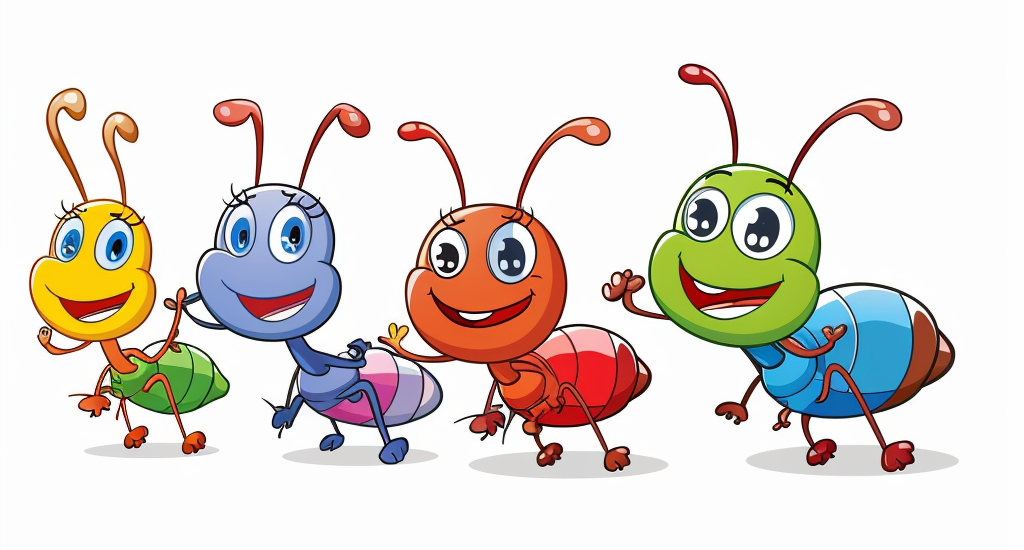


Insects often get a bad rap, especially with kids. Fear of bugs is common, but teaching children to appreciate these tiny creatures can foster a love for nature and an understanding of their importance in our ecosystem. Here are ten fun ways to help kids overcome their fear of insects and learn to appreciate their role in our world.
Introduce your kids to insects that are generally seen as harmless and fascinating, like ladybugs, butterflies, and fireflies. These insects are often colorful and gentle, making them a great starting point for overcoming fear.
Plant a garden that attracts beneficial insects like bees, butterflies, and ladybugs. Involve your kids in gardening activities, and use this as an opportunity to teach them about the important roles these insects play in pollination and pest control.
Find age-appropriate books about insects that present them in a positive and interesting light. Books like “The Very Hungry Caterpillar” by Eric Carle and “Bee: A Peek-Through Picture Book” by Britta Teckentrup can make learning about insects fun and engaging.
There are plenty of kid-friendly documentaries and videos about insects. Shows like “Magic School Bus” and “Wild Kratts” often have episodes focused on insects, providing educational content in an entertaining format.
Take your kids to a butterfly house or insect zoo where they can see insects up close in a safe environment. These places often have knowledgeable staff who can share fascinating facts about the insects.
Engage in insect-themed arts and crafts. Create ladybug rocks, butterfly wings, or bee finger puppets. These activities can help demystify insects and make them seem less intimidating.
Equip your kids with a magnifying glass and go on a bug hunt in your backyard or local park. Observing insects up close can make them more intriguing and less scary. Encourage your kids to sketch the insects they find.
Teach your kids about the important roles insects play in the environment. Explain how bees pollinate flowers, how ladybugs control aphid populations, and how ants help aerate the soil. Understanding their ecological importance can foster appreciation.
Build a bug hotel in your garden using natural materials like sticks, leaves, and hollow stems. This can provide a safe habitat for beneficial insects and offer your kids a hands-on way to learn about them.
Create a small terrarium with soil, plants, and a few easy-to-care-for insects like crickets or pill bugs. Observing these insects in a contained environment can help kids get comfortable with them and learn about their behaviors.
Many insects, including bees and butterflies, are essential pollinators. They help plants reproduce by transferring pollen from one flower to another, which is crucial for the production of fruits, vegetables, and seeds.
Insects like beetles, ants, and flies play a vital role in breaking down dead plant and animal matter. This decomposition process recycles nutrients back into the soil, enriching it and promoting plant growth.
Insects such as ants and earthworms burrow through the soil, creating channels that allow air, water, and nutrients to reach plant roots. This aeration is important for maintaining healthy soil ecosystems.
Insects are a critical part of the food web. They serve as a primary food source for many animals, including birds, amphibians, and small mammals. Without insects, these species would struggle to survive.
Predatory insects like ladybugs and spiders help control the population of harmful pests, reducing the need for chemical pesticides in agriculture and gardens.
Encouraging kids to appreciate insects not only helps them overcome fear but also instills a deeper understanding of nature and ecology. By using these fun and educational methods, you can help your children develop a positive attitude towards insects and recognize their crucial role in our environment. Happy bug hunting!